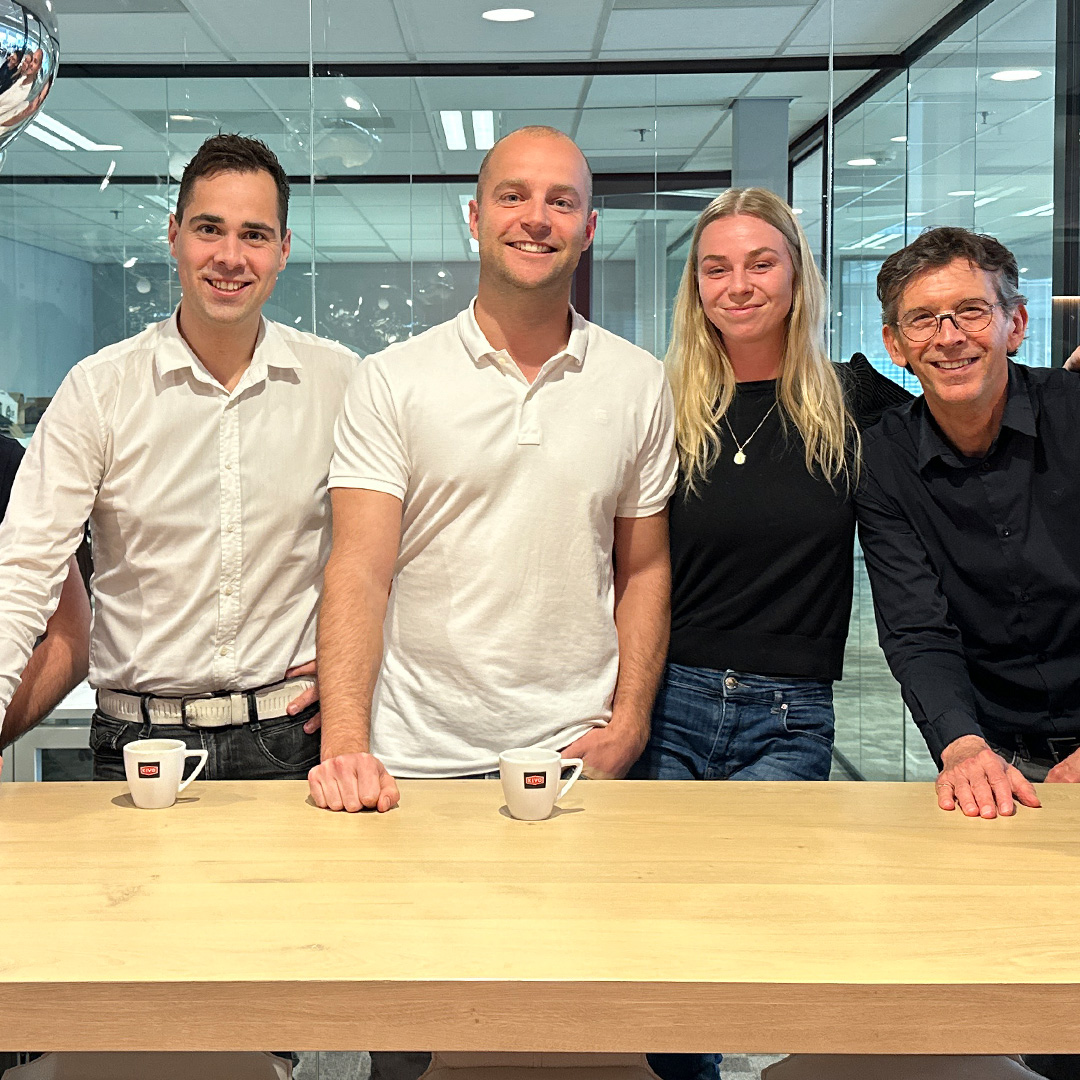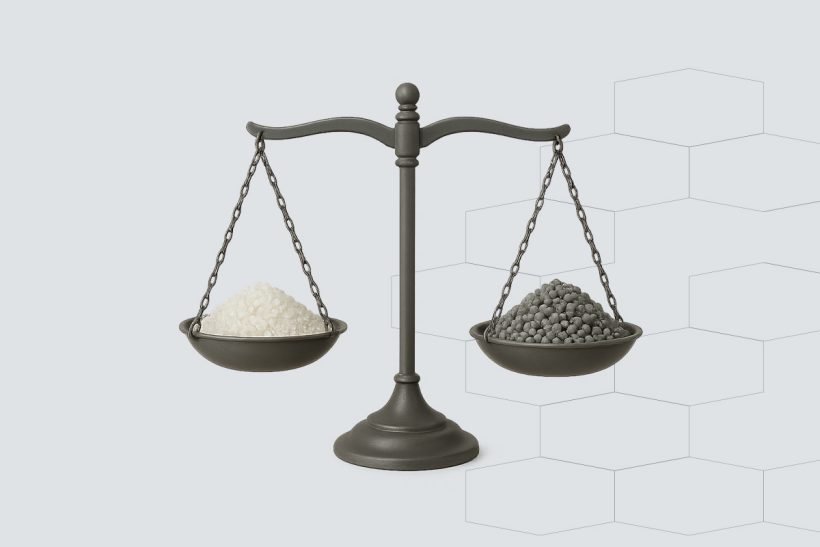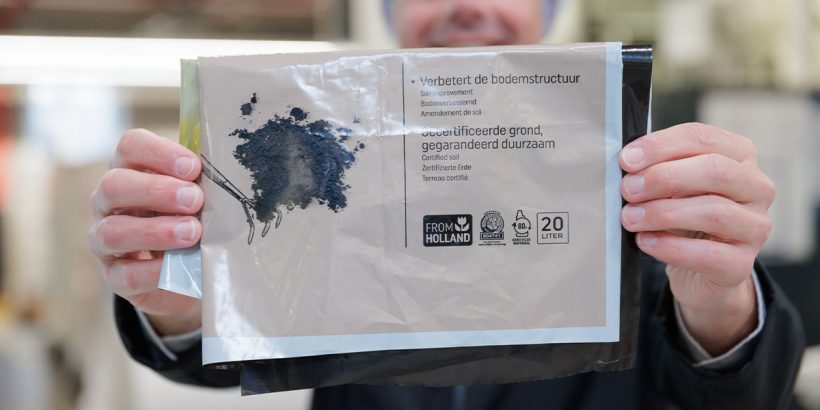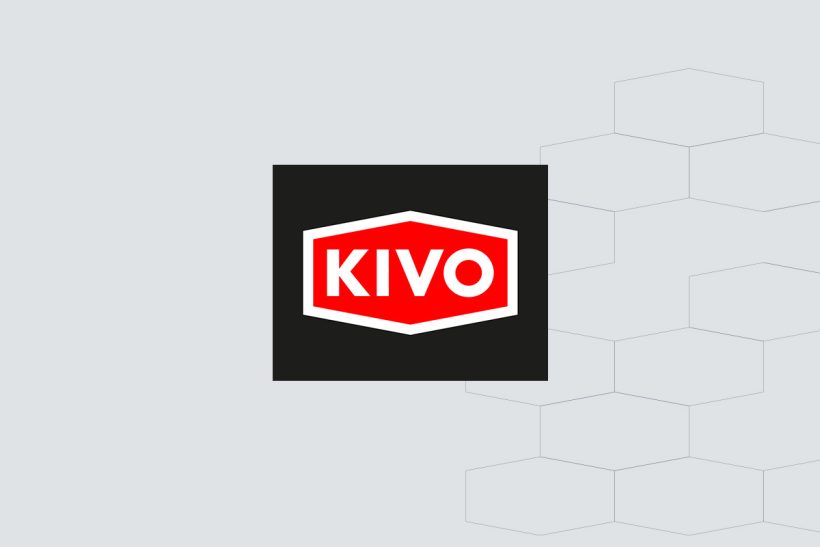Verpact has updated the Rate differentiation 2.0 announced. This initiative, which was launched from 1 January 2024 entered into force, encourages producers and importers to opt for recycled and properly recyclable plastic packaging. With this new model, the Waste Fund aims to accelerate sustainable innovations in the packaging industry, taking an important step towards a circular economy.
What is Rate Differentiation 2.0?
Tariff differentiation means that the cost paid by producers and importers for their packaging varies based on the sustainability performance of the material. The better your packaging scores on recyclability and use of recycled content, the more favourable the rate. In contrast, plastic packaging with a low sustainability performance is charged at a higher rate.
At KIVO, we see this as an opportunity: by working together on innovative packaging solutions, we can help our customers benefit from this new scheme while contributing to a more sustainable future.
How does the model work?
The new rate differentiation distinguishes between dimensionally stable and flexible packages. Both categories have their own starting rate, after which the following factors determine whether you qualify for a discount:
- Packaging colour: Clear or white plastic is preferred.
- Monomaterials: Packaging made of one type of plastic is more recyclable.
- Labels: These must meet the stated recycling requirements.
- KIDV Recyclecheck: Packaging must pass this independent review.
- Deployment of recyclate: Discounts apply to packaging with a minimum percentage of Post-Consumer Recyclate (10% for contact-sensitive and 20% for non-contact materials).
Savings: By customising your packaging, you can save up to Saving 60 cents per kilo! Even small changes can bring significant cost benefits.
Why is this relevant?
The ultimate goal of Verpact is that in 2050 all plastic packaging 100% circular and fossil-free be. While this is a challenging ambition, Tariff Differentiation 2.0 undoubtedly contributes to this. The model rewards producers and importers for sustainable modifications to their packaging. This encourages the industry to innovate faster and more efficiently.
At KIVO, we believe in the power of collaboration and innovation to make packaging not only more sustainable, but also functional and efficient. Our approach fits seamlessly with these developments:
- Monomaterials: We are committed to developing highly recyclable films and packaging with a focus on mono-materials.
- Recyclability: Using our expertise and high-quality materials, we ensure that your packaging complies with the KIDV Recyclecheck.
- Recycled Content: We offer solutions with Post-Consumer Recycled (PCR) materials that meet the highest quality standards.
With Rate differentiation 2.0 you now have an extra incentive to scrutinise your current packaging and work together on improvements.
What does this mean for your organisation?
As a manufacturer or importer, you now have a clear opportunity to save costs as well as make a positive impact. Small adjustments, such as choosing monomaterials or optimising labels, can be enough to benefit from the new tariff model.
At KIVO we are ready to advise and support you in this transition. As a pioneer in sustainable packaging solutions, we help you to:
- Improve the recyclability of your packaging.
- Apply more recycled plastic (PCR) in your products.
- To comply with increasingly stringent regulations around sustainability.
Together towards a circular future
At KIVO, we believe that sustainable packaging and technical performance can go hand in hand. Tariff differentiation 2.0 not only offers a financial benefit, but is also an opportunity to increase the Minimise environmental impact of plastic packaging.
Are you curious about how this new regulation affects your packaging? Or would you like to discover what steps you can take to make your packaging more sustainable?
Then get in touch with us! Our experts are ready to help you develop sustainable and cost-efficient solutions.



